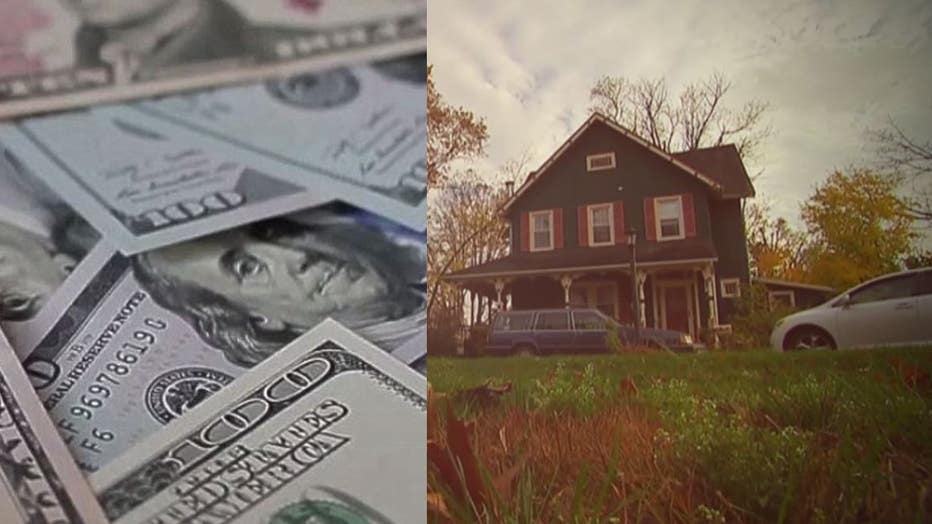Home ownership gap from Boomers to Millennials, brings more challenges for younger generations
According to the Federal Reserve, Americans over the age of 55 control about 72 percent of the nation's wealth. On the flip side, those under the age of 40 have 7 percent of country's money.
As people now tend to live longer than ever, people of all ages need to start planning for the future, right now.
"From $50 trillion to $80 trillion being passed from the Baby Boomers to the Millennials and Gen Z," said Julie Hollinshead. "We've never seen anything of this magnitude."
Hollenshead, a finance professor at Wayne State University says, don't bank on that money just yet.
The boomers are leaving the workforce, but they're also living longer than any previous generation before them. That means rising health care costs.
"Fidelity did a study fairly recently that estimated that you need $300,000 after tax, in, funds to pay for health care in your retirement years," she said.
According to the Federal Reserve, the average amount of savings in a retirement account for those ages 65 to 74 is $200,000. That's well under the amount of money to cover health care costs, let alone anything else.
So boomers may be forced to find money in other ways.
"People are getting into reverse mortgages where they're withdrawing the equity from their home," said Hollinshead.
It's a good place to look. There's a lot of money in the housing market, and that will play a huge role in the generational wealth transfer.
"Homes are typically the biggest single asset in store of wealth for families," she said.
And the boomers own a ton of it.
FOX 2: "Is there anything kind of unique about this generation?"
"I would say what's unique is when you compare the home ownership rates of the Baby Boomers to Millennials and Gen Z - there's a huge gap," she said.
According to RedFin, a real estate brokerage company, about 45 percent of Baby Boomers own their own home.
"Only 12 percent of Millennials own their homes," she said.
While the younger generations don't own, they tend to stay with those who do.
"Millennials and Gen Z are sticking with their parents longer, or depending on their parents well into their 20s and 30s for financial support," Hollinshead said. "And the impact that's having on generational wealth transfers has yet to be fully understood."
So how did we get to this point? Hollinshead said it has a lot to do with timing.
"Home prices have increased 300 percent since 1980," she said. "What that means is, if you are a Millennial, or a Gen Z, it takes a lot more money for that down payment not to mention, the monthly mortgage payments."
When Boomers were ready to buy a house, they had plenty of good-paying jobs to pick from.
Currently the supply of houses on the market is not meeting the demand.
"Everytime one of those homes comes on the market, there is a huge bidding war," she said.
So what can the next generation do, to not depend on the wealth transfer from the older generation?
"Right now at tax time, it's a great time of year to review your whole situation - it makes you feel as if you are in control," Hollinshead said. "Once you feel in control, you feel like you are more confident and that you can gain that discipline."
The trick might be learning from the past.
"It is not how much money you make, but how much you keep for yourself," she said. "If you get a raise, rather than adjusting your lifestyle upwards to that new level of income, one thing you can do is take half of the amount of the raise and save part of it."
One tip the Wayne State professor gave, was to use your age to your advantage. When you are young, you can take a few more risks with your investments and play the long game.


